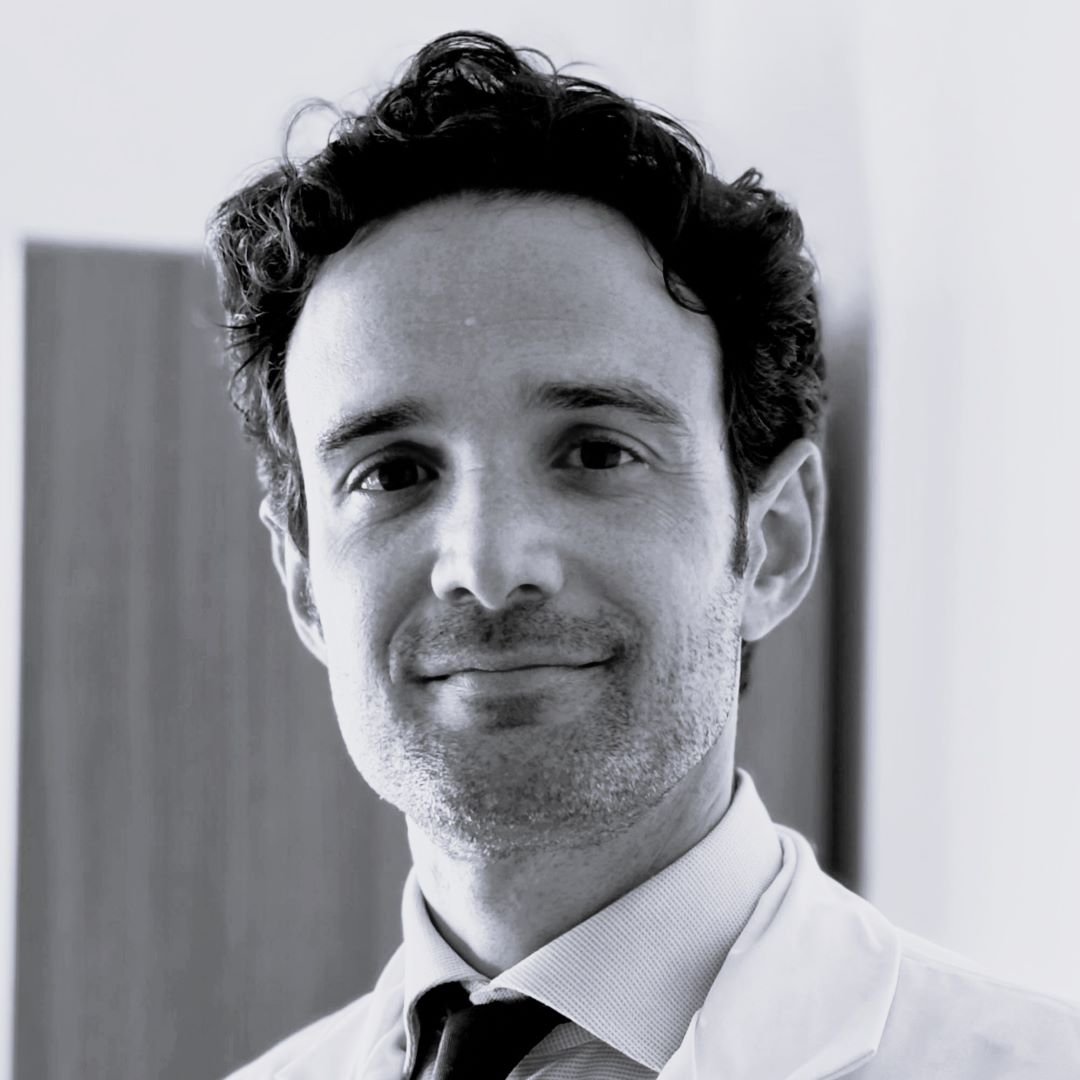Research

Marc-Olivier Gauci (Université Côte d’Azur, CHU de Nice)
Short bio
Prof. Marc-Olivier Gauci is an orthopedic surgeon, head of the Shoulder Surgery Unit at CHU de Nice and a member of several national and international surgical societies. In particular, he is President of CAOS France (Computer Assisted Orthopaedic Surgery). He is at the origin of a strong hospital-university dynamic in the field of computational and augmented surgery, and the reuse of healthcare data. Prof. Gauci founded the ICARE Inserm research team (U1091). He leads the RHU ReBone project (ANR 2023), which aims to revolutionize osteoarticular surgery with technologies using AI, geometric and biomechanical modeling, connected implants and 3D printing. He is Scientific Director of the Data wharehouse "Méditerranée" (EDS PACA). He is the author of over 90 publications (h-index=27) in international peer-reviewed journals. In particular, he has been awarded the Prix de l'Académie Nationale de Chirurgie (2017), the Palmes de la Médecine (IA section, 2024) and the SECEC-ESSSE Grammont European Prize (most prestigious European award for his research in shoulder arthroplasty) for his work on innovative new technologies for patient care.
Research topic | Global approach to research, development, and global deployment of digital solutions in surgery, with osteoarticular surgery and traumatology as a use case
The theme developed by Dr. Gauci revolves around computational and augmented medicine & surgery using artificial intelligence tools and the reuse of healthcare data.
Digital surgery merges two complementary aspects:
- Computational surgery, which is fed by patient and imaging data, enabling the creation of 3D/4D geometric and biomechanical models to simulate and plan surgery before it is performed.
- Augmented surgery, which is based on a more or less complex digital model and enables planning to be applied using intraoperative assistance and guidance tools such as 3D printing (model, instrumentation, implant), navigation, robotics or mixed reality including collaborative cloud platform.
Assessing the clinical relevance of these digital solutions alone is not enough to demonstrate their usability and interest in a complex environment such as the operating room or interventional procedure room. The development of models adapted to surgical needs, and the analysis of multiparametric data derived from the use of these models' application tools, should enable us to optimize the integration of these tools in the operating room and in daily practice. Several technology platforms have been set up for experimental and clinical validation such as augmented operating room.
